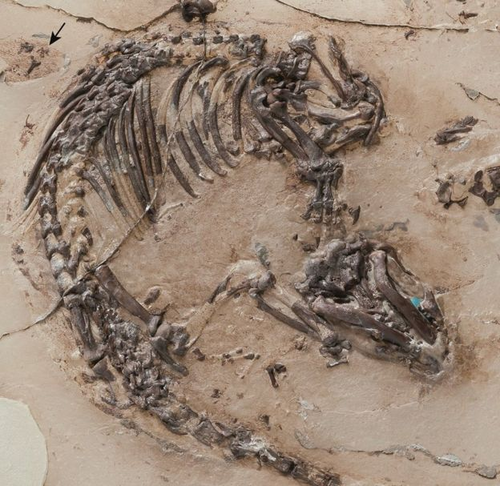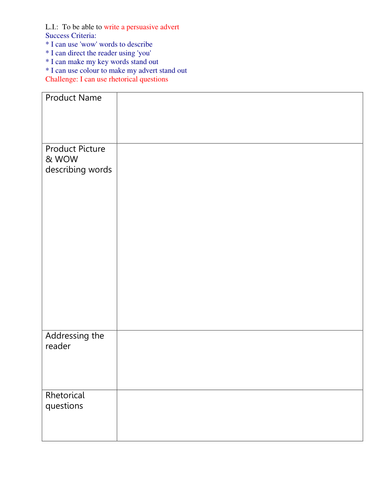Stephanie's Shop
I completed my PGCE at The Institute of Education in 2011, staying in London to start my career at a primary school in Hackney. I taught across KS2 in four years, while also co-ordinating Spanish and Science and receiving brilliant CPD training across a range of specialisms. In 2016 I moved to Lancashire, where I have been supply teacher for a range of local schools. I love creating engaging & purposeful resources to bring education to life and to give teachers their weekends back!






















